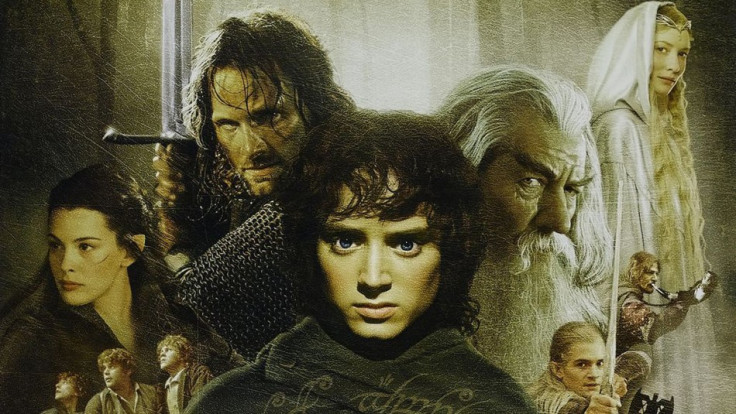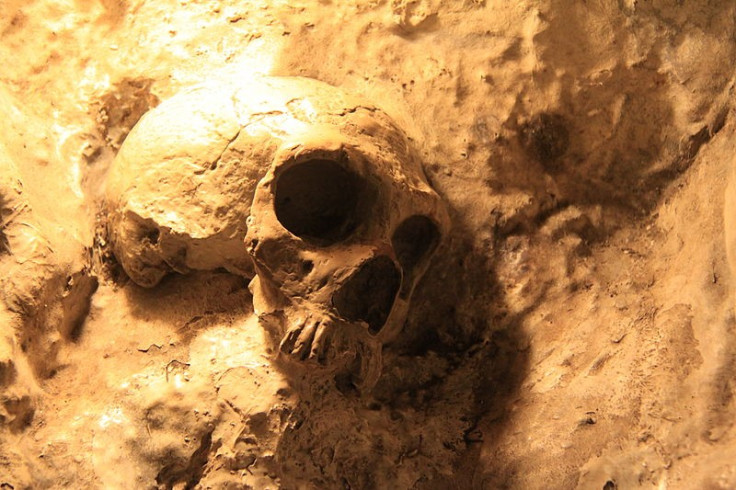Ancient Humans in Lord of the Rings World Indulged in Interspecies Sex
DNA shows early modern humans had sex with Neanderthals, Denisovans and 'mystery species'

Ancient humans lived in a "Lord of the Rings-type world" where a mystery species interbred with Neanderthals, Denisovans and the forerunners of modern humans, according to palaeontologists.
Published in Nature, the research presented the ancient genomes of ancient humans that had been revealed at a meeting at the Royal Society in London.
Researchers said that much more interbreeding went on between different species of humans than had been believed. Among the participants was an ancestor of humankind from Asia about which nothing is known.
Researchers said that interspecies sex took place 30,000 years ago.
Mark Thomas, an evolutionary geneticist at University College London, said: "What it begins to suggest is that we're looking at a Lord of the Rings-type world - that there were many hominid populations."
Recent research by scientists at the University of Adelaide in Australia and the Natural History Museum in the UK found that Denisovans bred with modern humans around 50,000 years ago.

"Intriguingly, the genetic data suggest that male Denisovans interbred with modern human females, indicating the potential nature of the interactions as small numbers of modern humans first crossed Wallace's Line and entered Denisovan territory," the study authors said.
Researchers at the Royal Society meeting said the interbreeding contributed to the genetic diversity of humans today.
Humans whose ancestors came from outside Africa are around 2% Neanderthal, while some people from Oceania are 4% Denisovan.
David Reich, an evolutionary geneticist at Harvard Medical School in Boston, said Denisovans interbred with an extinct population of archaic humans that lived in Asia, raising questions about this new species.
However, he also noted that the conclusions about interbreeding were based on low-quality genome sequences which he said were flawed.
Chris Stringer, of London's Natural History Museum, said: "We don't have the faintest idea [about the identity of the new species]."
Read More:
1.8-Million-Year-Old Skull Discovered in Georgia 'Rewrites Human Evolution' [PHOTOS]
© Copyright IBTimes 2024. All rights reserved.






